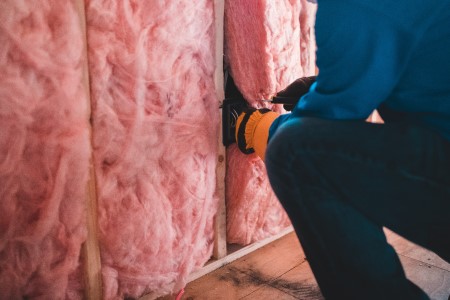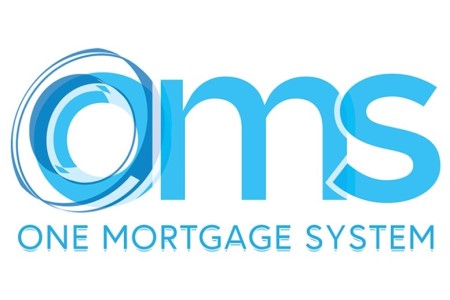
New sustainability initiatives are being introduced for buy-to-let properties in the UK, but the availability of funding is causing a rift between landlords and leading to ‘eco privilege’ where larger portfolio landlords are able to make improvements to their properties, but single property or small portfolio landlords are struggling to find the capital to make the necessary changes. Public demand and, more pertinently, government regulation is placing extreme pressure on buy-to-let investors. As such, demand for refurbishment and home improvement loans will only increase.
We’re here to outline how the demand of sustainable renovations in the property market is creating eco privilege. But also explore how specialist lenders can help tackle the problem.
Why the need of sustainable renovations?
It’s estimated that households produce 40% of the UK’s carbon emissions. So, it’s no surprise that the government is bringing in new regulations to decrease the size of the property market’s carbon footprint. From April 2025, new government rules will force buy to let property owners to achieve an Energy Performance Certificate (EPC) rating of C or higher for their assets, before letting them out to new tenants.
Source: The Committee on Climate Change
There are approximately 12.6 million properties that are currently rated D or below, that’s three in five homes! Consequently, many buy-to-let landlords will need to renovate their properties to comply with the new regulations. Renovations that could cost thousands of pounds.
Are these regulated changes running the risk of creating this ‘eco privilege’ by applying pressure on landlords to make their properties more energy efficient?
If you’re looking for more information on sustainable or energy saving strategies that could help you increase your buy-to-let’s EPC rating, then you can read our top five refurbishment ideas here.
Source: National World

What is eco privilege?
Eco privilege refers to the divides between affluent landlords, who can embrace sustainability trends, and those who are unable to keep pace. There are two ways in which the new regulations noted above might create eco privilege. Both of which could seriously undermine the fairness of the buy to let market:
- Some buy to let landlords will not be able to afford to renovate their properties as the new EPC rules edge nearer. There’s a fine of £30,000 for landlords who cannot comply. As such, it’s likely that there will be a proportion of landlords who’ll be forced to sell their properties, instead of renovating.
- In the property market’s efforts to increase sustainability, there’s been an increase of ‘green’ finance options entering the market. These products offer proprietors beneficial rates or favourable deposit payments. At face value, a great reason to renovate. However, those who can’t afford to make sustainable renovations to their properties will likely have to pay a premium on their future loans. The Association of Residential Letting Agents say that this will create a divide in the market – resulting in eco privilege.
Source: Landlord Zone – Daily Telegraph
How can MFS help combat eco privilege?
It’s clear, then, that lenders must help tackle the issue of affordability and financing. Thankfully, we’re here to support property owners facing these financial difficulties, by delivering permitted and light development loans.
- New to property renovation? Check out our guide to home renovations here and download your copy for free.

How could bridging loans help overcome ‘eco privilege’?
To ensure we cater to a range of landlord’s criteria, or loans are designed with a flexible approach in mind. We offer a bespoke bridging experience, tailored to your individual requirements. For example, we could assist property owners who are looking to:
- Rebalance their existing financial obligations
- Avoid taking on more long-term debt to pay for the renovations
- Move quickly and require a fast loan to complete their refurbishment works without delay for their tenants moving in
Bridging finance could help buy-to-let investors grow their portfolio and renovate these buildings to fit with the new regulations. For example, a property bought via a property auction. A bridge loan provides the breathing space to purchase and start building works, before sourcing a buy to let mortgage. In this case, speed is essential. Unlike long-term finance, funds through a specialist lender could be in your account in as little as three days. You can read more about our auction loans on our dedicated webpage. If you’d like to learn more about property auctions, you can download our Guide to Property Auctions. Designed for those that are new to property auctions, our guide discusses:
- How property auctions work
- What you can expect on the day
- The general process behind winning a bid
Alternatively, a landlord might consider a refinancing loan in a bid to access the favourable mortgage rates that ‘green’ finance entails. A refinancing loan could assist a property owner by bridging the gap between the start of a refurbishment project and the acquisition of a longer-term financial solution.
Our flexibility allows us to help landlords ‘go green’. For more information, speak to our team and find out how our fast, flexible bridging loan products could help.
Disclaimer
MFS are a bridging loan and buy-to-let mortgage provider, not financial advisors. Therefore, Investors are encouraged to seek professional advice.










